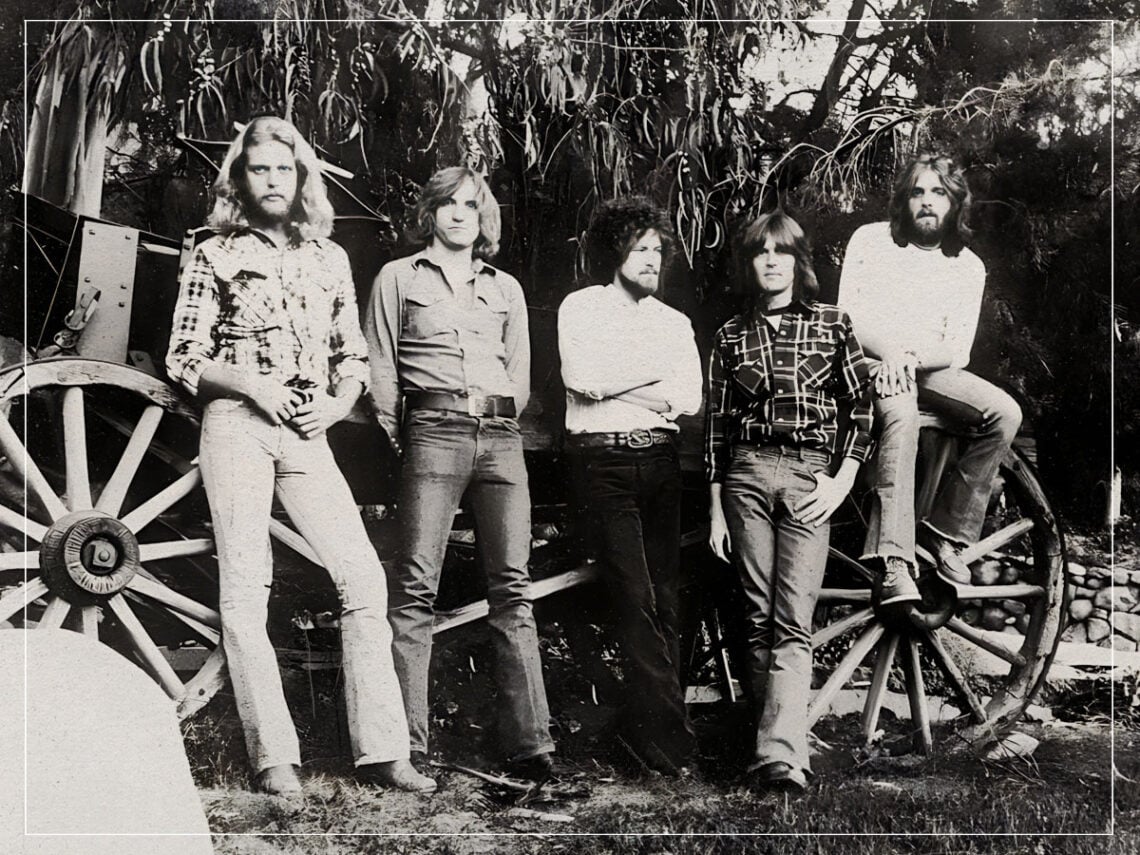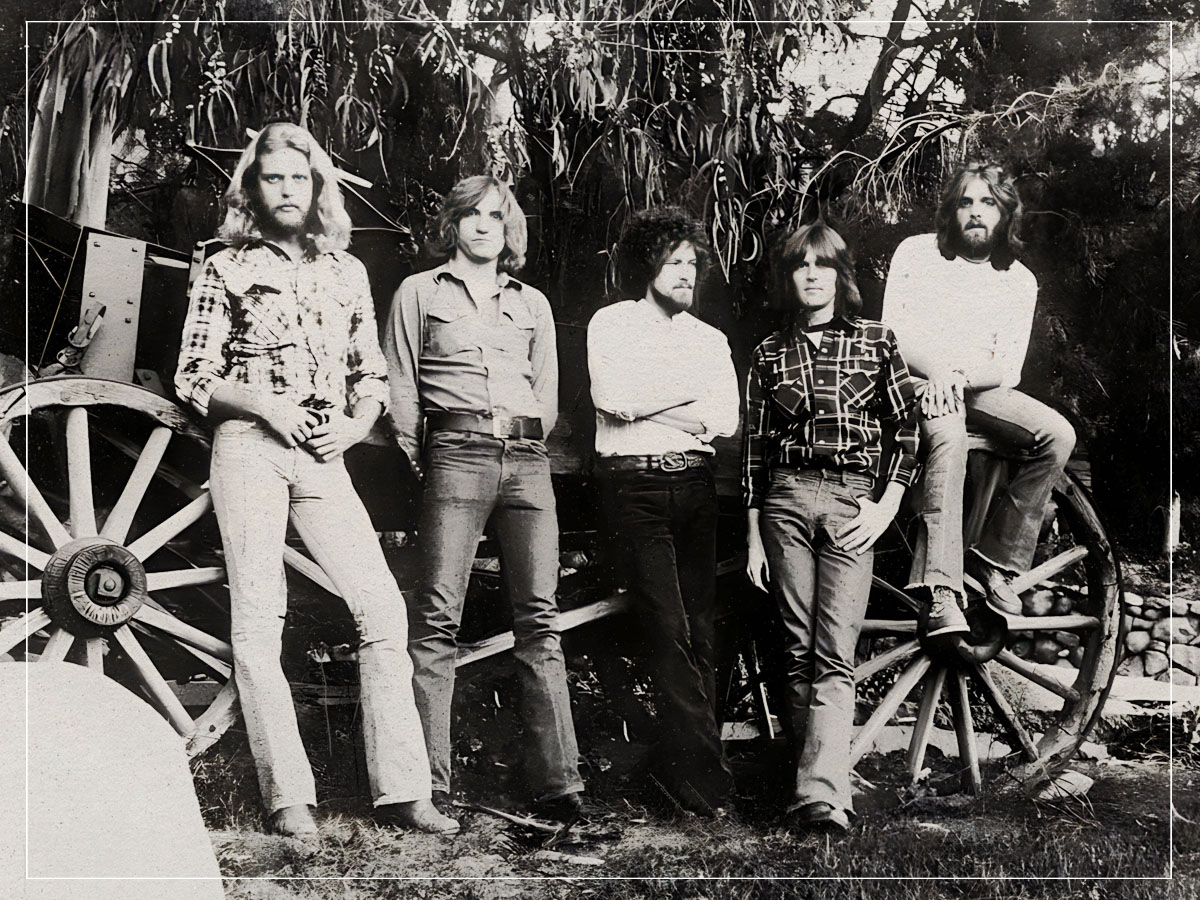
(Credits: Far Out / Alamy)
Tue 26 August 2025 18:45, UK
In the modern age, where reunion tours and legacy records are rolled out with worrying frequency, the entire idea of a band having to start somewhere feels completely lost. We forget that the icons we pay overpriced tickets to watch were also once the grassroots band that we seem to neglect in modernity.
But of course, bands like the Eagles didn’t just spawn from the wings of arena-sized stages, performing air-tight vocal harmonies. No, like every band, they had to cobble their way through the murky waters of burgeoning stardom, playing trainwreck shows to uninterested crowds before they could finally enjoy their acclaim.
In moments like this, a support slot is crucial. It gives emerging acts important time at the coalface of genius, learning how the greats craft a show but perhaps more importantly, a daily proving ground for their music. A place where they play to fans, paying to see someone else, yet with enough curiosity to be won over.
It’s important then, that the acts in question exist in some sort of crossover space, so that the fans can experience one consistent night of creativity. For the Eagles, the right act may have been The Beach Boys, or maybe even The Rolling Stones. You wouldn’t have chosen prog-rock outfit Jethro Tull as the right suitor, then.
“It was due to an agent who didn’t really care whether the groups had anything in common or not,” Don Henley told Classic Rock. “He said, ‘You’re gonna open for this group called Jethro Tull, and we went, ‘Uh, OK.’
The result was as damp as Henley’s reaction, with not only a frosty atmosphere between the Eagles and Jethro Tull’s confused fans, but also with the two bands themselves.
“No one had ever heard of the Eagles at the time,” Ian Anderson said. “They were shiny and new, which is why they wanted to do it – because it was exposure. But in the meantime, before the tour began, they had a big hit with ‘Take It Easy’, which was across the radio spectrum.
Anderson conceded that their single granted them a level of musical respect, but maybe not within their circles. “By the time the tour began, they were becoming very well known,” he continued. “Though not to our audiences, because the concerts were sold out and new Eagles fans couldn’t get tickets.
He continued, “They didn’t enjoy the tour – they seemed rather remote. I remember them being kind of laid back, country rock music. It wasn’t really music that was gelling with our audiences, who could be rather spiky.”
Don Henley and his crew later gained a notoriety for being somewhat uncompromising. But they displayed it even in their early days, and despite their role as support for Anderson’s band, showed the Brit how they acted around people they weren’t overly interested in.
“We didn’t really talk to them. I don’t think they liked us, and we didn’t really like them that much either.”
It goes to prove though, that support slots are crucial regardless of the outcome. The Eagles would have learned just as much, if not more, about their sound in the quiet humdrum of crowd disinterest, as they would have in the manic hysteria of screaming crowds. Regardless of their outcome, support tours are a necessary chapter in any band’s road to success.
Related Topics

